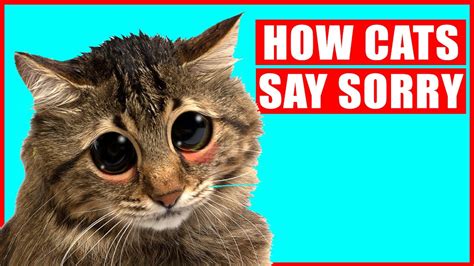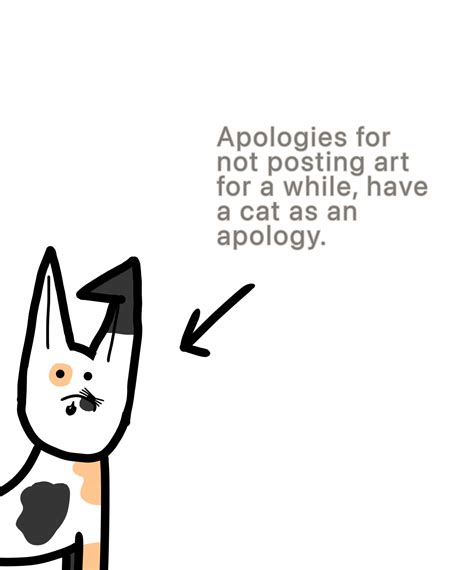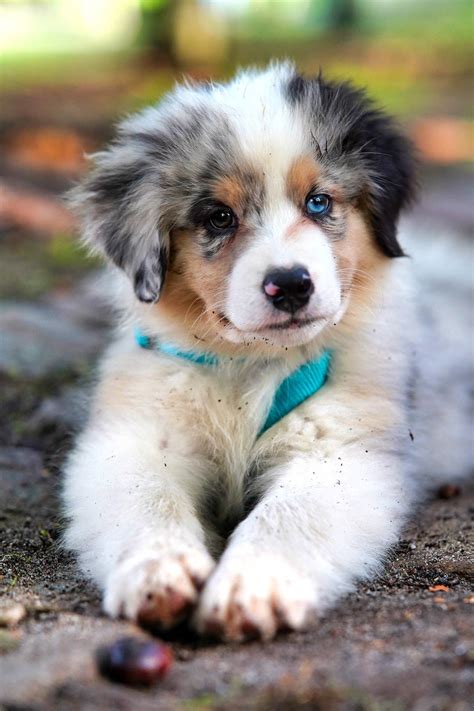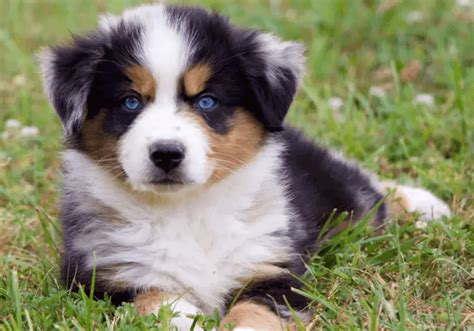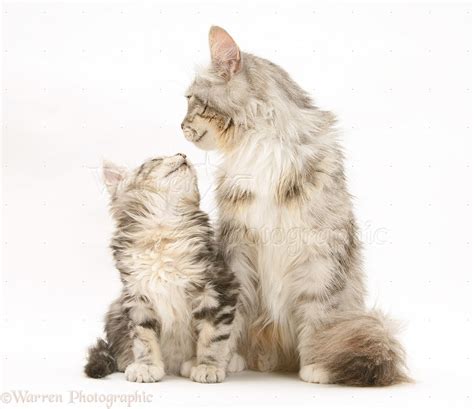
A first-time Maine Coon mother has captivated audiences online with her natural maternal instincts and adorable litter of kittens, quickly becoming a viral sensation.
A Maine Coon cat named Hazel is melting hearts across the internet after giving birth to a litter of kittens. Videos and photos shared online showcase Hazel’s nurturing behavior, solidifying her reputation as a natural mother. The online attention has drawn significant interest to the breed and sparked widespread discussion about responsible pet ownership.
Hazel, owned by a dedicated cat enthusiast, delivered a healthy litter of kittens, and the owner began documenting their progress on social media platforms. The videos capture Hazel attending to her kittens with remarkable care, nursing, grooming, and ensuring their comfort. These tender moments quickly resonated with viewers, who were charmed by the cat’s innate motherly instincts.
“She’s a very good mom; she takes care of everything,” the owner shared, emphasizing Hazel’s dedication to her offspring. The videos showcase Hazel’s gentle nature as she interacts with her kittens, reinforcing the perception of Maine Coons as affectionate and family-oriented pets.
The online buzz generated by Hazel and her kittens has translated into a surge of interest in Maine Coon cats. Shelters and breeders have reported increased inquiries about the breed, reflecting the public’s fascination with these gentle giants. However, animal welfare advocates caution potential owners to consider the responsibilities that come with pet ownership, emphasizing the importance of providing proper care, nutrition, and veterinary attention.
The viral sensation serves as a reminder of the joy that pets can bring to our lives, as well as the responsibilities we undertake when welcoming them into our homes. Hazel’s story highlights the unique bond between animals and humans, inspiring others to appreciate and care for the creatures around them.
The popularity of Hazel’s story also opens up discussions on the ethical treatment of animals and the importance of adopting from shelters. Many animal shelters house Maine Coons and other breeds, offering loving homes to animals in need. Choosing adoption can reduce pet overpopulation and give deserving animals a second chance.
Deep Dive into the Maine Coon Breed
The Maine Coon, known as the “gentle giant” of the cat world, is one of the oldest natural breeds in North America. Originating in Maine, as the name suggests, this breed has a rich history and distinctive characteristics that make it a favorite among cat lovers.
History and Origins:
The exact origins of the Maine Coon are shrouded in folklore and legend. One popular tale suggests that the breed resulted from matings between domestic cats and raccoons, hence the bushy tail and the “Coon” in the name. While genetically impossible, this myth has contributed to the breed’s mystique. A more plausible theory suggests that Maine Coons are descendants of long-haired cats brought to America by seafarers, possibly Vikings or European settlers. These cats then adapted to the harsh New England climate, developing a thick, water-resistant coat and a sturdy build.
Physical Characteristics:
Maine Coons are characterized by their large size, muscular build, and semi-long, shaggy coat. Adult males typically weigh between 13 and 18 pounds, while females range from 8 to 12 pounds. Some individuals can even exceed these weights, reaching up to 20 pounds or more.
Key physical traits include:
- Coat: The coat is long and flowing, with a silky texture. It is water-resistant, thanks to a dense undercoat, and longer on the ruff, stomach, and britches (hind legs).
- Tail: The tail is long, bushy, and tapering, often as long as the cat’s body.
- Ears: The ears are large, wide at the base, and tapering to a point, often adorned with tufts of fur (lynx tips) at the tips.
- Eyes: The eyes are large, oval-shaped, and expressive, coming in various colors, including green, gold, copper, and bi-color (different colors in each eye).
- Muzzle: The muzzle is square and strong, with high cheekbones and a firm chin.
- Body: The body is long and rectangular, with a broad chest and substantial bone structure.
Temperament and Personality:
Despite their imposing size, Maine Coons are known for their gentle and affectionate nature. They are often described as “gentle giants” because of their friendly and docile temperament. Key personality traits include:
- Affectionate: Maine Coons are highly affectionate and enjoy spending time with their human families. They are known to follow their owners from room to room and participate in household activities.
- Playful: They retain their playful kitten-like behavior well into adulthood, enjoying games and interactive toys.
- Intelligent: Maine Coons are intelligent and trainable, often learning tricks and commands with ease.
- Social: They generally get along well with children and other pets, making them ideal family companions.
- Vocal: While not overly talkative, Maine Coons communicate with soft chirps, trills, and meows, often engaging in conversations with their owners.
- Independent: Despite their affection for humans, Maine Coons are also relatively independent and can entertain themselves when left alone.
- Good with water: Unlike many other cat breeds, Maine Coons often have a fascination with water, sometimes even playing in it or drinking from running taps.
Care and Maintenance:
Caring for a Maine Coon requires a commitment to providing proper nutrition, grooming, and veterinary care.
- Nutrition: Maine Coons need a high-quality diet that is rich in protein and essential nutrients. Due to their large size, they may require larger portions than other cat breeds. Consult with a veterinarian to determine the appropriate diet and feeding schedule for your Maine Coon.
- Grooming: Their long coat requires regular grooming to prevent mats and tangles. Brushing several times a week is essential, and occasional bathing may also be necessary. Pay special attention to the areas under the arms and around the britches, where mats are more likely to form.
- Exercise: Maine Coons are active cats and need plenty of opportunities to exercise. Provide them with climbing structures, scratching posts, and interactive toys to keep them entertained and physically fit.
- Veterinary Care: Regular veterinary checkups are essential to ensure your Maine Coon’s health and well-being. Vaccinations, parasite control, and dental care are important aspects of preventative care. Maine Coons are prone to certain genetic health conditions, such as hypertrophic cardiomyopathy (HCM) and hip dysplasia, so early detection and management are crucial.
Health Considerations:
While Maine Coons are generally healthy cats, they are prone to certain genetic health conditions. Understanding these risks can help owners provide the best possible care for their pets.
- Hypertrophic Cardiomyopathy (HCM): HCM is a common heart condition in Maine Coons, characterized by thickening of the heart muscle. Genetic testing can help identify cats at risk, and regular echocardiograms can monitor heart health.
- Hip Dysplasia: Hip dysplasia is a condition in which the hip joint is malformed, leading to pain and arthritis. Maine Coons are prone to this condition due to their large size. Weight management and joint supplements can help manage symptoms.
- Spinal Muscular Atrophy (SMA): SMA is a genetic neuromuscular disease that affects motor neurons, leading to muscle weakness and atrophy. Genetic testing can identify carriers of the gene.
- Polycystic Kidney Disease (PKD): PKD is a genetic kidney disease characterized by the formation of cysts in the kidneys. Ultrasound screening can help detect cysts early.
Adopting vs. Buying:
When considering adding a Maine Coon to your family, it’s essential to weigh the pros and cons of adopting from a shelter or purchasing from a breeder.
Adopting from a Shelter:
-
Pros:
- Saving a life: Adopting a cat from a shelter gives a deserving animal a second chance at a loving home.
- Lower cost: Adoption fees are typically lower than the cost of purchasing a cat from a breeder.
- Adult cats: Shelters often have adult Maine Coons available for adoption, allowing you to bypass the kitten stage.
- Personality assessment: Shelter staff can often provide insights into a cat’s personality and temperament, helping you find a good match.
-
Cons:
- Unknown history: The cat’s history and health records may be limited.
- Potential behavioral issues: Some shelter cats may have behavioral issues due to past experiences.
- Limited breed selection: Finding a purebred Maine Coon in a shelter may be challenging.
Purchasing from a Breeder:
-
Pros:
- Known history: Breeders can provide detailed information about the cat’s pedigree, health history, and temperament.
- Breed standards: Breeders adhere to breed standards, ensuring the cat meets specific physical and behavioral characteristics.
- Kitten stage: Purchasing a kitten allows you to raise the cat from a young age and shape its behavior.
-
Cons:
- Higher cost: Purchasing a Maine Coon from a reputable breeder can be expensive.
- Potential health risks: Even with reputable breeders, genetic health conditions can still occur.
- Supporting breeding: Purchasing from a breeder may inadvertently contribute to pet overpopulation.
Ethical Considerations:
Whether adopting or buying, it’s essential to consider the ethical implications of pet ownership. Responsible pet ownership includes providing proper care, nutrition, and veterinary attention, as well as ensuring the cat’s safety and well-being. It also means supporting organizations that promote animal welfare and combat pet overpopulation.
The Impact of Viral Sensations:
Viral stories like Hazel’s can have a significant impact on breed popularity and pet adoption rates. While increased interest in Maine Coons can be positive, it’s crucial to ensure that potential owners are prepared for the responsibilities of pet ownership. Animal shelters and rescue organizations often use these opportunities to educate the public about responsible pet ownership and promote adoption.
The Role of Social Media:
Social media platforms have become powerful tools for sharing heartwarming animal stories and raising awareness about animal welfare issues. Hazel’s story is just one example of how social media can connect people with animals and inspire them to take action. By sharing positive stories and educational content, animal lovers can use social media to promote responsible pet ownership and advocate for animal rights.
Conclusion:
Hazel’s story serves as a heartwarming reminder of the unique bond between humans and animals. Her natural maternal instincts and adorable kittens have captured the hearts of viewers around the world, highlighting the joy that pets can bring to our lives. Whether you’re a seasoned cat owner or considering welcoming a feline friend into your home, Hazel’s story underscores the importance of responsible pet ownership, ethical treatment of animals, and the transformative power of love and compassion. The Maine Coon, with its gentle giant demeanor and affectionate nature, makes a wonderful companion for those prepared to meet its needs.
Frequently Asked Questions (FAQs)
1. What makes Maine Coons such good mothers?
Maine Coons are known for their nurturing and affectionate nature, which often translates into excellent maternal instincts. As the owner mentioned, “She’s a very good mom; she takes care of everything.” Their innate gentleness, combined with their intelligence and attentiveness, makes them naturally inclined to care for their kittens. They are highly protective, ensuring their kittens are clean, well-fed, and safe. This nurturing behavior is deeply ingrained in the breed’s temperament.
2. What are the typical health issues that affect Maine Coons, and how can I prevent them?
Maine Coons are prone to certain genetic health conditions, including hypertrophic cardiomyopathy (HCM), hip dysplasia, spinal muscular atrophy (SMA), and polycystic kidney disease (PKD). While these conditions cannot always be prevented, early detection and management can significantly improve a cat’s quality of life. Regular veterinary checkups, genetic testing, and ultrasound screenings are crucial. Maintaining a healthy weight, providing a balanced diet, and ensuring adequate exercise can also help mitigate the risks associated with these conditions. Consulting with a veterinarian about preventative measures and early screening is highly recommended.
3. How much grooming do Maine Coons require, and what are the best grooming practices?
Maine Coons have a long, flowing coat that requires regular grooming to prevent mats and tangles. Brushing several times a week is essential to remove loose hair and keep the coat healthy. Pay special attention to areas under the arms and around the britches, where mats are more likely to form. Occasional bathing may also be necessary, typically every few months, depending on the cat’s lifestyle and coat condition. Use a high-quality shampoo and conditioner specifically designed for cats. Regular nail trimming and ear cleaning are also important aspects of grooming.
4. Are Maine Coons suitable for families with children and other pets?
Yes, Maine Coons are generally well-suited for families with children and other pets. Their gentle and tolerant nature makes them excellent companions for children, and they often enjoy playing and interacting with them. They also tend to get along well with other cats and even dogs, especially if they are introduced at a young age. However, it’s essential to supervise interactions between cats and young children to ensure that both are respectful of each other’s boundaries. Proper socialization and training can also help facilitate positive relationships between Maine Coons and other pets.
5. If I want to adopt a Maine Coon, what should I look for in a reputable shelter or breeder?
When adopting a Maine Coon from a shelter, look for a shelter that is clean, well-maintained, and staffed by knowledgeable and caring individuals. The shelter should provide comprehensive veterinary care, including vaccinations, parasite control, and spaying/neutering. Ask about the cat’s history, temperament, and health records. When purchasing from a breeder, choose a breeder who is reputable, ethical, and committed to the health and well-being of their cats. The breeder should provide detailed information about the cat’s pedigree, health history, and genetic testing results. They should also be knowledgeable about the breed and willing to answer your questions. Visit the breeder’s premises to assess the living conditions and ensure that the cats are well-cared for. Avoid breeders who seem secretive, prioritize profit over animal welfare, or fail to provide proper documentation. A good breeder will prioritize finding the right home for their kittens and will be available to provide ongoing support and guidance.






